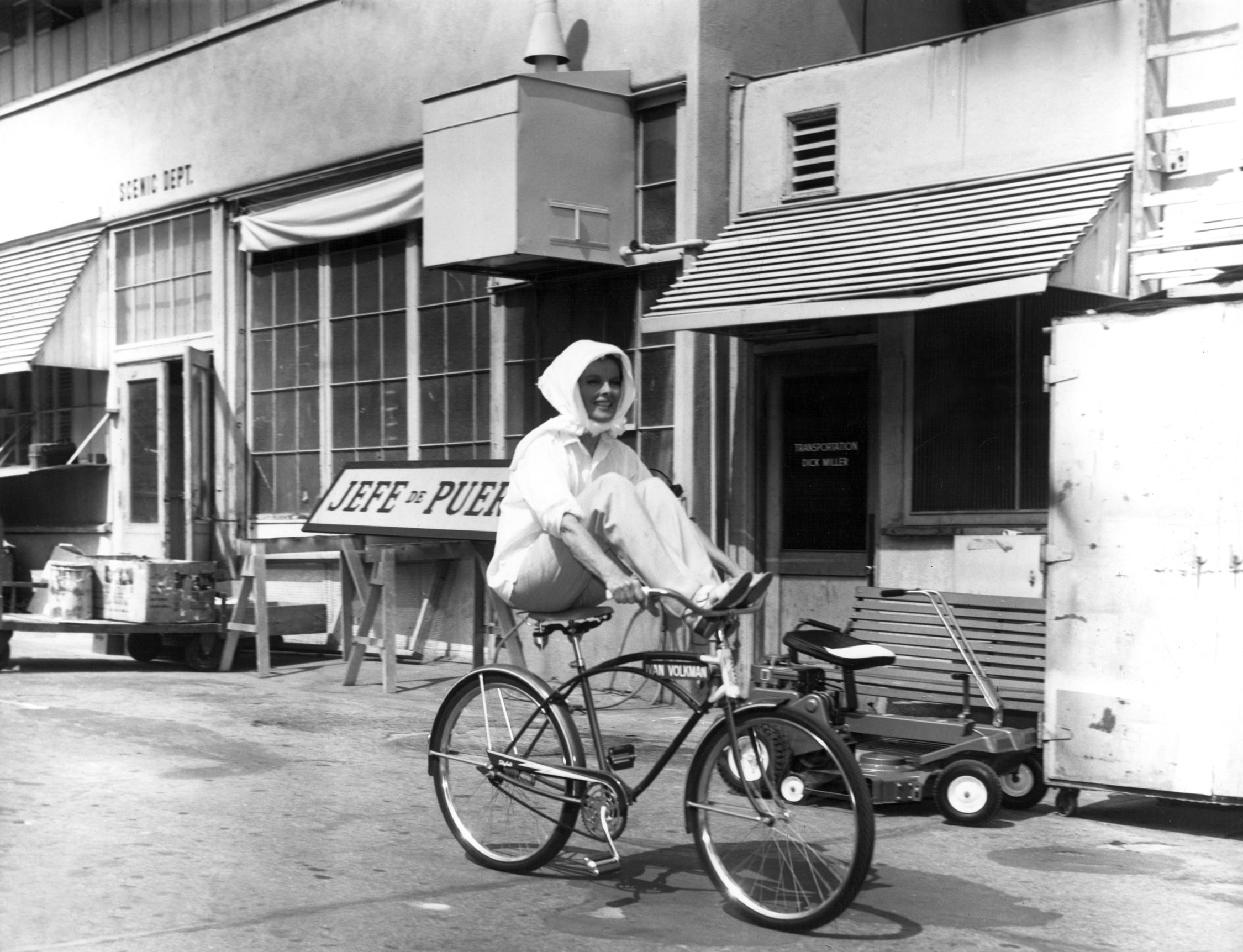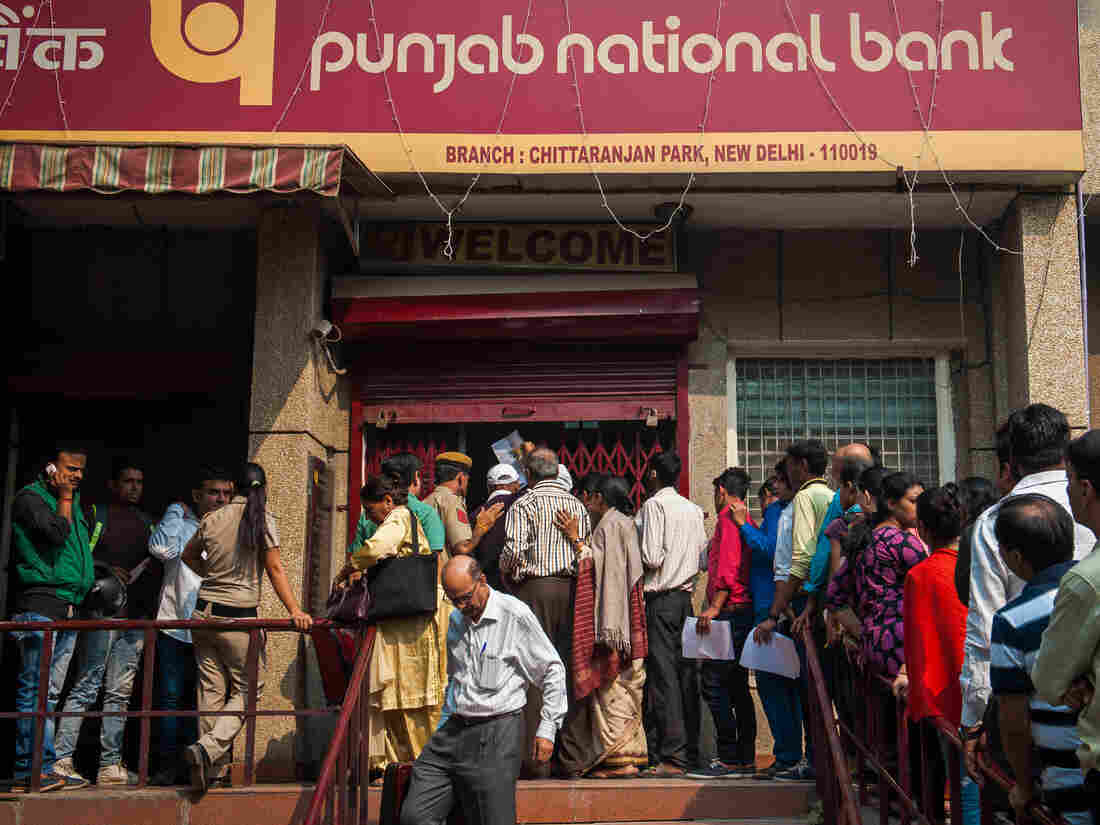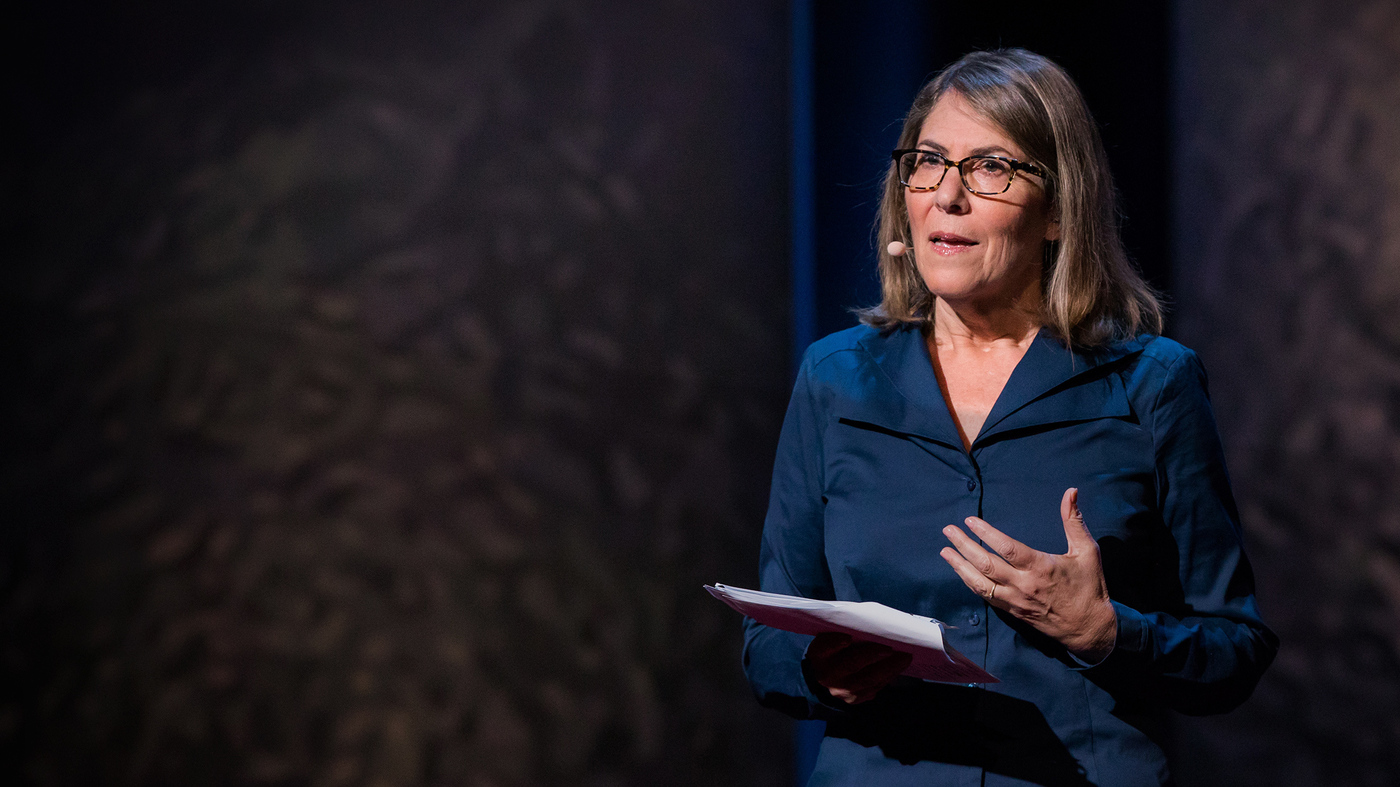ROBERT SIEGEL, HOST:
There are several Sunday morning TV roundtables that feature journalists parsing the week’s events and arguing about them – “Meet The Press,” “Face The Nation.” I tend to watch them joylessly as a form of homework, but there has been one Sunday morning roundtable that I’ve watched faithfully and happily, until last weekend when it aired for the last time.
(SOUNDBITE OF TV SHOW, “THE SPORTS REPORTERS”)
SIEGEL: ESPN’s “The Sports Reporters” mixed a kid’s passion for sports with appropriate adult-sized doses of insight, realism and cynicism about the industries that thrive at the expense of gifted athletes. There was a host and a cast of familiar sportswriters, three of them each Sunday. Last week, Mitch Albom, Bill Rhoden and Bob Ryan joined host Mike Lupica for the last go-round.
And as I was wondering what I’m going to be doing without “The Sports Reporters” on Sunday mornings, the question occurred to me – what are they going to be doing? So we’ve called up “Sports Reporters” regular Bob Ryan of The Boston Globe, who joins us from Sarasota, Fla. Hi. Sorry to hear about it.
BOB RYAN: Oh, thank you very much. Well, in the short run, I think we plan on feeling sorry for ourselves.
SIEGEL: (Laughter).
RYAN: That’s – we’ll spend a good portion of Sunday mornings reminiscing and being nostalgic about all the good times we had, and, man, we did have many of them over the course of, in my case, 28 years.
SIEGEL: Twenty-eight. This week you weren’t scheduled to be on the show had there been one, but next Sunday morning?
RYAN: Oh, that is – I’m certain that that is when the withdrawal symptoms will become real.
SIEGEL: This Sunday, they I think would have been talking about perhaps an amazing win by the San Antonio Spurs on the road without their best player playing. Do you miss the chance to hold forth on these things?
RYAN: Positively. We would undoubtedly be marveling at the stunning development in Houston when the Spurs beat them by 39 points on their home court in an epic game 6.
SIEGEL: How different is the beat and the discussion that can be held by, you know, four sportswriters today than it was 30 years ago?
RYAN: So many of the people out there, the public, has access to information that was once our exclusive province, and so it’s easier to misspeak and be called on it than it was 30 years ago.
SIEGEL: (Laughter). And has the range of subjects – has the number of times that you found yourself talking about doping and domestic violence, is it radically different today than it was 30 years ago?
RYAN: Yes. The social issues are a part of the deal, especially in the fall when the National Football League goes about its business, and there is such a disproportionate number of miscreants, people who are unfortunately in the papers for the wrong reasons. I’m not saying that’s the only league where that happens, but I think anyone knows that you don’t get too far away without discussing who’s being suspended in that league.
SIEGEL: The show is unique on ESPN. Do you think it would be harder today to pitch a show where four people talk intelligently and, you know, not always shouting about sports? Is that considered just not an apt idea anymore?
RYAN: What is not considered an apt idea is agreement. What is considered an apt idea is conflict. We weren’t in it to seek conflict. If we had differing opinions, wonderful. It was organic. That was fine. But I have to tell you, and I’m a part of another program on the network, that sometimes we do manufacture issues for the sake of entertainment. And I don’t think for one second we ever thought that way on “The Sports Reporters.”
SIEGEL: By the way, why was “The Sports Reporters” canceled? Was it expensive to bring everybody up to Connecticut every week to do or just low ratings? Or what did they tell you?
RYAN: The only reason we were given – and I am not making this up, and I’m not being hyperbolic, I’m being – quoting verbatim – “we’re going in another direction,” unquote, unquote. So you can take a look at the drift of the nature of some of the programs on the network now, it will tell you what direction that is in. But I don’t see it that I have much of a right to complain about the opportunity that ESPN gave me and as well as the rest of us to have this forum for the last 28 years.
SIEGEL: Well, Bob Ryan, thanks for lots of wonderful Sunday morning half-hours that you and your colleagues and friends provided for me. Good luck, and I’ll be missing you.
RYAN: It’s nice to hear from you. Thank you, Robert.
SIEGEL: Bob Ryan of The Boston Globe was a regular on ESPN’s “The Sports Reporters” which aired for the last time last Sunday.
(SOUNDBITE OF SONG, “PUT ON YOUR SUNDAY CLOTHES”)
UNIDENTIFIED SINGER: (Singing) Put your Sunday clothes. There’s lots of world out there.
Copyright © 2017 NPR. All rights reserved. Visit our website terms of use and permissions pages at www.npr.org for further information.
NPR transcripts are created on a rush deadline by Verb8tm, Inc., an NPR contractor, and produced using a proprietary transcription process developed with NPR. This text may not be in its final form and may be updated or revised in the future. Accuracy and availability may vary. The authoritative record of NPR’s programming is the audio record.








